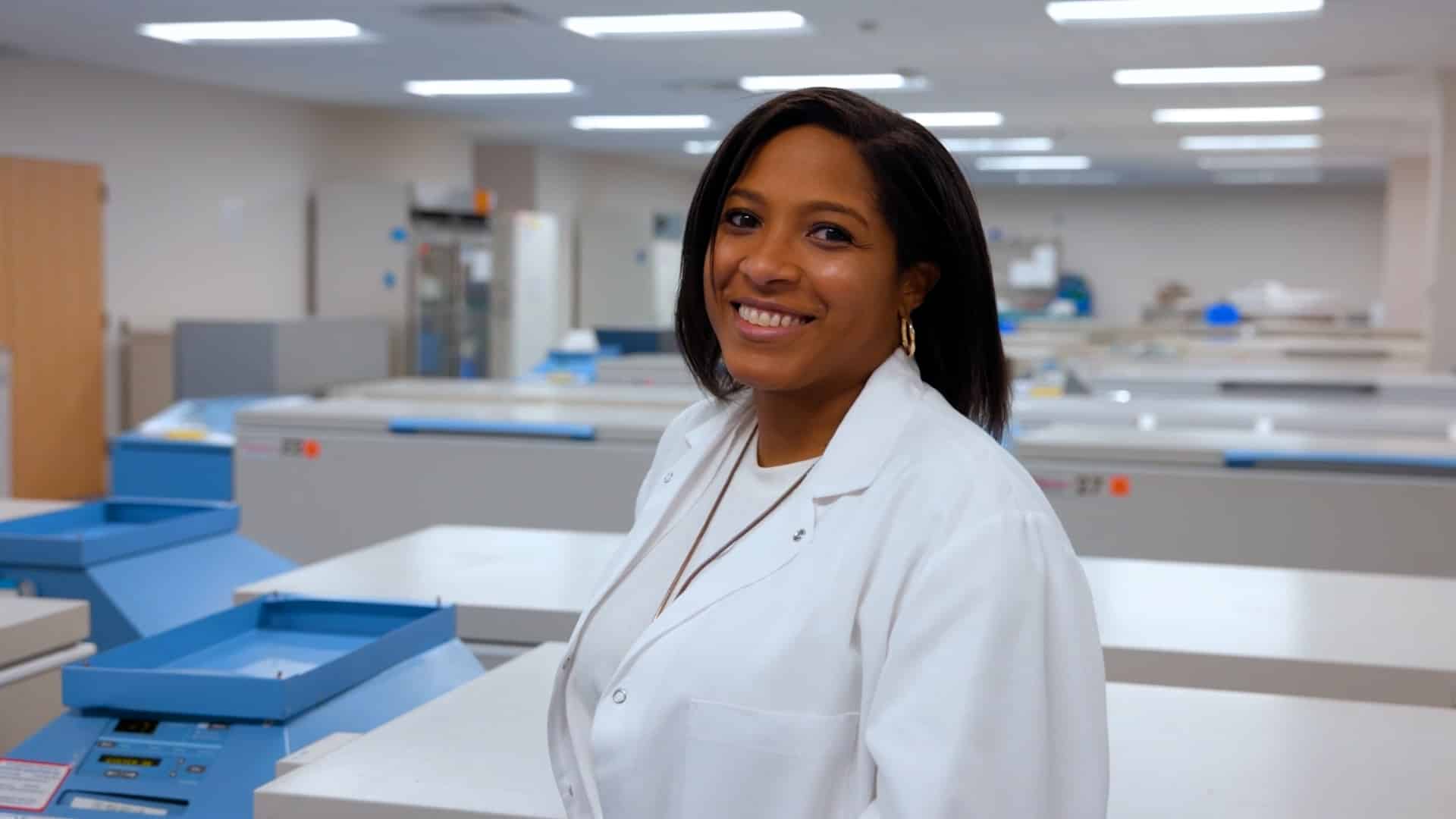Being one of the leading technologies for cellular analysis, flow cytometry generates simultaneous high-throughput enumeration and individual cell characterization data. With the breakthrough of cellular immune therapies, such as CAR+ T, flow cytometry became a critical platform, not only for clinical laboratories, but also for drug developers and manufacturers.
Flow cytometry plays a crucial role in the production process of CAR+ T cells, where it is used for assessing transduction efficiency, purity, and characterization of the CAR+ T product before infusion. After manufacturing, when CAR+ T cells are infused into the patients, flow cytometry is used again in clinical laboratories to assess CAR+ T expansion, efficiency, and persistence and to monitor minimal residual disease (MRD).
In this e-book, Ans De Beuckelaer, Regional Head Flow Cytometry EU and Rowan Claeys, Clinical Biologist at Cerba Research, dive deeper into key elements of flow cytometry:
- The importance of flow cytometry in Car+T clinical research and its uses
- Key aspects in developing a CAR+ T trial
- The added value of flow cytometryin multiple myeloma, Minimal Residual Disease (MRD) assessments and multiple Myeloma phenotype
- Car+T-cell Therapy: patient treatment, targeted antigens and solutions for MRD assessments and multiple myeloma phenotype assessment.




